Care & Guidance
While there are currently no licensed treatments to modify the progress of A-T, and in particular the neurodegeneration, there is much that can be done to improve the health of a person with the condition.This section of the site provides general good practice and care advice for children and adults with A-T plus details of care providers in various countries and links to offical care guides.
General Good Practice & Care Advice
- X Rays and radiation: Children and adults who have A-T are unusually sensitive to ionising radiation. However, they can have X-Rays if they are needed but these should be limited as much as possible. So, a single X-ray can be performed for diagnostic purposes such as diagnosis of a chest infection or scoliosis, but repeated X-rays should be avoided. Similarly, a single low-dose CT scan can be used. Radiotherapy should NOT be used.
- Keeping the lungs as clear as possible: It is important to have regular checks with a Respiratory Doctor (ideally every 6 months), to undertake chest physio exercises daily, to move around, to seek advice on good posture (to help prevent scoliosis) and to take antibiotics to treat infections when they occur
- Immune System: Keep your vaccinations up to date, especially for flu/pneumonia
- Cancer: If a child or adult presents with any unusual symptoms or is more fatigued than normal, get this checked out with a doctor to rule out possible cancers. Cancers that are usually seen in older people can be seen in children/young adults who have A-T, and often this is not taken seriously by the local clinicians.
- Fatigue: This can be underestimated. Chronic fatigue can impact on a child’s/adult’s overall health, so it is important to manage this and, for example, to take rest breaks and eat regular high calorie snacks.
Care Providers
Please find below some brief information and links to organisations around the world that provide information and advice on how best to care and support someone living with A-T.
UK The A-T Society has been established for over 30 and is based in the UK. As well as funding research, they provide information, advice and advocacy to support families affected by AT, and work closely with health and social care professionals. www.atsociety.org.uk/how-we-can-help
USA The A-T Childrens Project provide research, develop potential therapies, and organise scientific conferences. They also provide Care Giver Services which includes information regarding Covid 19 and A-T: https://www.atcp.org/about-ataxia-telangiectasia/caregiver-resources/
Specialist A-T Clinics
Specialist A-T clinics operate in the UK, USA and Australia for people with A-T who are resident in those countries. Often they will be able to provide advice to patients from other countries too, and sometimes they will be able to see non-resident patients.
Australia - The National A-T Clinic: https://brashat.org.au/index.php?web_page_name=clinics
UK - Specialist A-T Children’s Clinic: https://www.atsociety.org.uk/wp-content/uploads/2020/08/A-T-Specialist-Centre-Nottingham-Children
UK - Specialist A-T Adult’s Clinic: https://www.atsociety.org.uk/wp-content/uploads/2020/07/Adult-Clinic-Service-Papworth-Updated.pdf
USA - A-T Clinical Centre, Johns Hopkins Hospital: https://www.atcp.org/about-ataxia-telangiectasia/caregiver-resources/a-t-clinical-centers/
Useful Publications/Guides
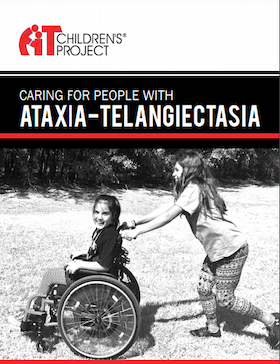 |
| USA |
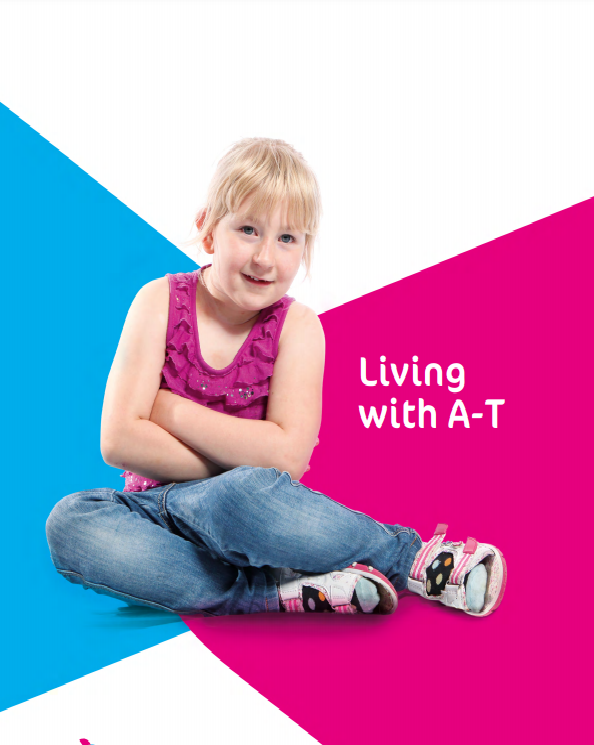 |
| United Kingdom |
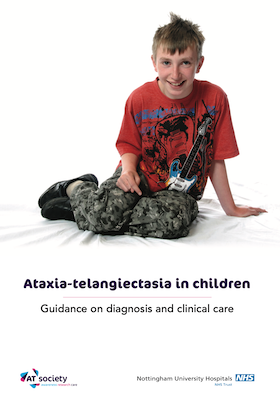 |
| United Kingdom |
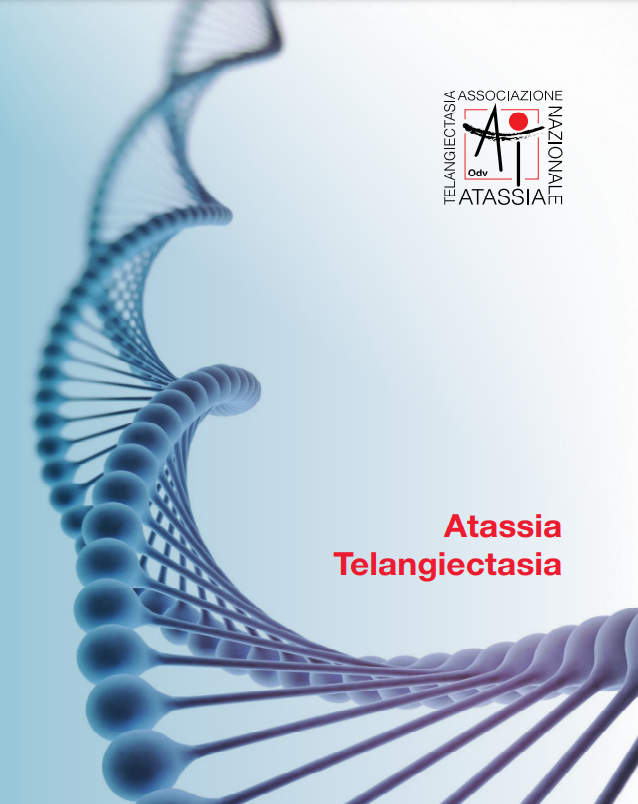 |
| Italy |
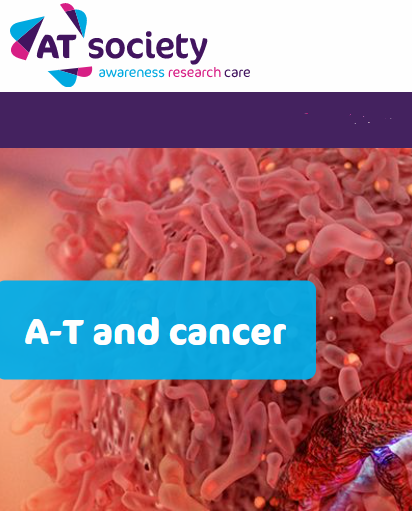 |
| United Kingdom |
 A-T Global Directory
A-T Global Directory